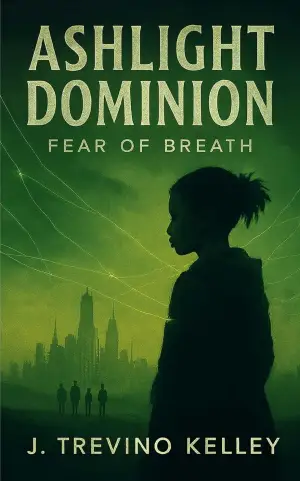As an avid reader captivated by existential themes, I found myself drawn to “The Stranger” by Albert Camus, a classic that has piqued the interest of so many through its exploration of absurdity and moral ambiguity. The promise of a profound narrative, as suggested by the author’s Nobel Prize-winning accolades, and the book’s reputation for unsettling insights into human existence motivated me to dive into its pages.
At just 123 pages, I expected a brief but impactful read, and Camus certainly delivers with a tight, intense narrative that keeps you engaged throughout. The plot revolves around Meursault, an ordinary man who unwittingly becomes embroiled in a senseless murder on a sun-drenched Algerian beach. Through this act, Camus thrusts readers into a compelling examination of life’s absurdities and the emotional detachment that often accompanies it.
One of the positives that stood out to me was Camus’s ability to create vivid imagery with his writing. His prose is simple yet profound, enabling readers to visualize Meursault’s world without getting bogged down by excessive details. This aligns with the reviews from readers like M.J., who appreciated the clarity of the narrative, suggesting that Camus “provides enough information for you to picture each scene.”
Thematically, the novel raises crucial questions about morality. D. F. Whipple aptly describes the existential struggle that spirals from Meursault’s experiences, highlighting the profound idea that “life is absurd.” Camus indeed dares us to challenge our conceptions of morality, social norms, and the meaning of existence itself. Through Meursault’s seemingly apathetic response to critical life events—such as the death of his mother and his eventual murder conviction—Camus evokes a mix of horror and intrigue. This intricacy makes for thought-provoking reading.
However, I did find some aspects that detracted from my overall enjoyment. While the brisk pacing served to amplify the narrative’s intensity, there were moments when it felt a bit uneven. The emotional content elicited mixed reactions; while some found it engaging and poignant, I sometimes grappled with a sense of detachment. Meursault’s inability to connect emotionally can be both fascinating and frustrating. He embodies a stark, flatness that might leave some readers feeling isolated rather than enlightened, which echoes M.J.’s observation that certain character portrayals, including “spousal abuse,” can feel disturbing yet pivotal.
Moreover, Whipple also notes that while Camus addresses heavy themes, it comes at the cost of accessible layering. I would have welcomed more nuance in depicting the moral dilemmas faced by Meursault, perhaps similar to how Dostoevsky employs multiple layers through his intricate characters.
In terms of translation, I appreciated Matthew Ward’s American rendition of “The Stranger.” As mentioned in the product description, it manages to preserve Camus’s original intent, granting an immediate connection that can resonate with modern readers. This contemporary clarity undoubtedly enhances the reading experience, making Camus’s reflections on the absurd more poignant and relevant today than ever.
Overall, “The Stranger” lived up to my expectations as a haunting exploration of life’s absurdities through the lens of an emotionally detached protagonist. Despite its flaws, I found the themes compelling and the writing sharp. The shortness of the text belies the weight of its implications, offering enough substance to provoke thoughtful discussion long after the last page is turned.
In conclusion, I highly recommend “The Stranger” to anyone interested in existential literature or philosophical debates regarding morality. Just be prepared for an emotionally provocative ride that leaves you questioning your perspectives long after you’ve set the book down. If you can embrace its challenges—as Whipple noted, it’s “a literary endurance test”—you might just find that it’s a classic well worth your time.
Explore the depths of existential thought with “The Stranger.” >>








